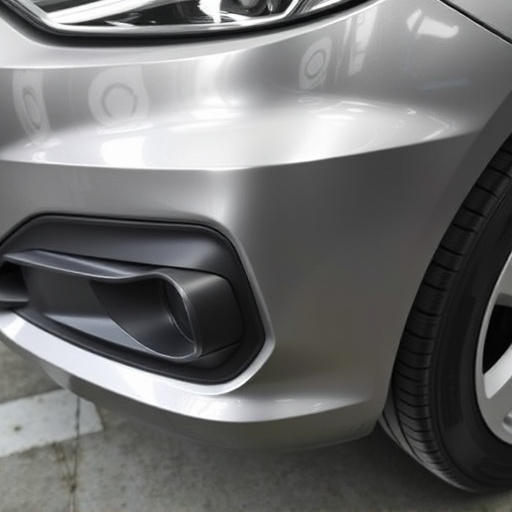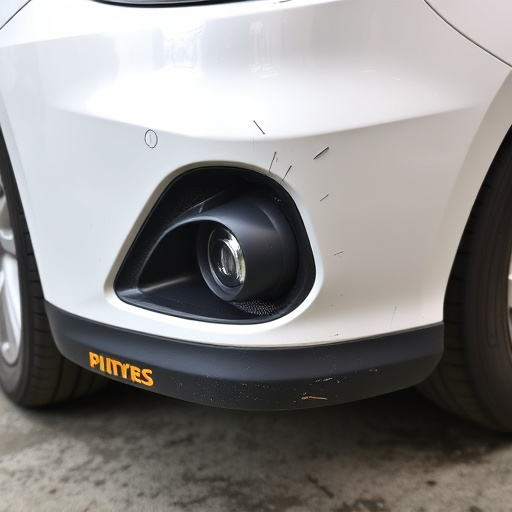Understanding your rental car insurance options is vital to avoid unexpected financial surprises. Rental car coverage includes liability (protects against third-party damage), collision (repairs after accidents), and comprehensive (broad damages like theft or natural disasters, with higher deductibles). Basic liability covers other parties' damage, while comprehensive choices protect against a wider range of incidents including your own vehicle. Choose based on driving habits and conditions; review credit card coverage fine print. Purchase additional insurance from a reputable provider for peace of mind and to safeguard against unexpected repair bills during travel.
Navigating rental car insurance coverage options can be confusing, but understanding your choices is crucial for maximizing protection. This guide breaks down the essentials of rental car insurance, helping you compare different types of coverage to find the best fit. By the end, you’ll know how to maximize your rental car insurance protection, ensuring peace of mind while on the road. From liability to comprehensive, we’ll walk you through each option, enabling informed decisions for a seamless travel experience.
- Understanding Rental Car Insurance Coverage Basics
- Comparing Different Types of Coverage Options
- Maximizing Your Rental Car Insurance Protection
Understanding Rental Car Insurance Coverage Basics

When renting a car, understanding your insurance options is crucial for protecting yourself from unexpected financial burdens. Rental car insurance coverage comes in various forms, each catering to different needs and levels of risk aversion. The basics involve comprehending liability, collision, and comprehensive deductibles. Liability covers damage you may cause to others or their property; collision protection pays for repairs to the rental car if it’s involved in an accident; and comprehensive insurance covers a wide range of damages beyond accidents, including theft and natural disasters (but often has higher deductibles).
Knowing what these coverages entail—and what they don’t—is essential. For instance, while liability protects you from financial responsibility for others’ losses, it typically does not cover damage to your rental car itself. Vehicle body repair, or auto dent repair, falls under collision and comprehensive coverage, safeguarding your investment from dings, scratches, and worse. However, these protections come at a cost; you may need to pay additional fees or choose higher levels of insurance to ensure adequate protection for both yourself and the rental agency.
Comparing Different Types of Coverage Options

When comparing rental car insurance coverage options, it’s important to understand the distinct types available and what each encompasses. Basic liability covers damages you cause to other properties or vehicles, while more comprehensive choices include collision and comprehensive. Collision insurance specifically protects against damage to your rental vehicle, often involving repairs at a nearby collision center, which can be particularly useful if you’re prone to minor fender benders. Comprehensive coverage, on the other hand, goes above and beyond by shielding against a wider array of incidents like theft, natural disasters, and vandalism—even tire services might be covered under certain circumstances.
Delve into these options meticulously, considering your driving habits and tendencies. If you’re a cautious driver, basic liability could suffice. However, if you frequently encounter challenging road conditions or live in an area prone to theft, opting for more holistic coverage that includes collision and comprehensive may prove invaluable. Such choices can safeguard not only your financial stability but also ensure your rental experience remains as hassle-free as possible.
Maximizing Your Rental Car Insurance Protection

When renting a car, understanding your rental car insurance coverage is key to maximizing protection for your journey. Many credit cards offer some level of rental car insurance as an added benefit, but it’s essential to read the fine print to know what’s covered and what isn’t. Typically, this includes liability coverage, which protects you against damages to other vehicles or properties, and personal injury protection, ensuring medical expenses in case of accidents. However, these policies may not cover all repairs, especially damage to the car’s auto bodywork or frame straightening.
To ensure comprehensive rental car insurance coverage, consider purchasing a policy from a reputable provider that complements your credit card benefits. This additional layer of protection can cover costs associated with repairing or replacing parts of the car, such as the body shop repairs for damages like dents, scratches, or even more severe issues. By taking this step, you’ll have peace of mind knowing that unexpected incidents won’t leave you burdened with substantial repair bills during your travels.
Navigating rental car insurance coverage options is essential for ensuring peace of mind while on the road. By understanding the basics, comparing different types of coverage, and maximizing your protection, you can make informed decisions that fit your needs and budget. Remember, knowing what’s covered and what isn’t can help prevent unexpected costs and protect your financial well-being during your rental car experience.














